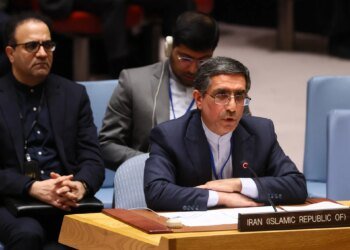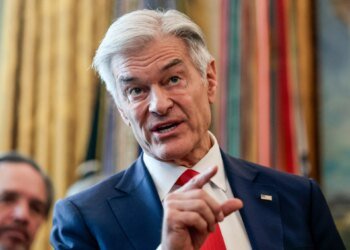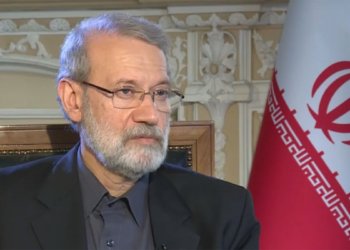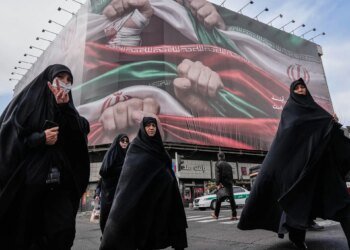The economic growth momentum in the GCC is set to pick up pace in the next two years as the countries continue with their diversification efforts.
The region is forecast to grow by 1 per cent in 2023 before rebounding to 3.6 per cent and 3.7 per cent in 2024 and 2025, respectively, the World Bank said in a report on Wednesday.
The non-oil sector in the region is projected to grow by 3.9 per cent in 2023 and 3.4 per cent in the medium term “supported by sustained private consumption, strategic fixed investments, and accommodative fiscal policy”, the Washington-based lender said in its economic update for the region.
However, the oil economy is expected to contract by 3.9 per cent amid output cuts by Opec+ member countries and the global economic slowdown caused by tightening monetary policy and geopolitical concerns.
“To maintain this positive trajectory, GCC countries must continue to exercise prudent macroeconomic management, stay committed to structural reforms, and focus on increasing non-oil exports,” said Safaa El-Kogali, the World Bank’s country director for the GCC.
“However, it is important to acknowledge the downside risks that persist. The current conflict in the Middle East poses significant risks to the region and the GCC outlook, especially if it extends or involves other regional players. As a result, global oil markets are already witnessing higher volatility.”
The Israel-Gaza conflict, in its seventh week, continues to raise concerns about global economic growth if it is not contained.
More than 14,000 people have been killed in Gaza since the war started on October 7, while diplomatic efforts continue to end the hostilities in the region.
Oil prices rose following the start of the conflict, but fell in the subsequent weeks on rising demand concerns amid the tightening of the monetary policy by the central banks.
The latest World Bank report said the diversification efforts in the GCC region are paying off but more reforms are needed.
“The region has shown notable improvements in the performance of the non-oil sectors despite the downturn in oil production during most of 2023,” said Khaled Alhmoud, senior economist at the World Bank.
“Diversification, and the development of non-oil sectors, has a positive impact on the creation of employment opportunities across sectors and geographic regions within the GCC.”









 United Arab Emirates Dirham Exchange Rate
United Arab Emirates Dirham Exchange Rate

